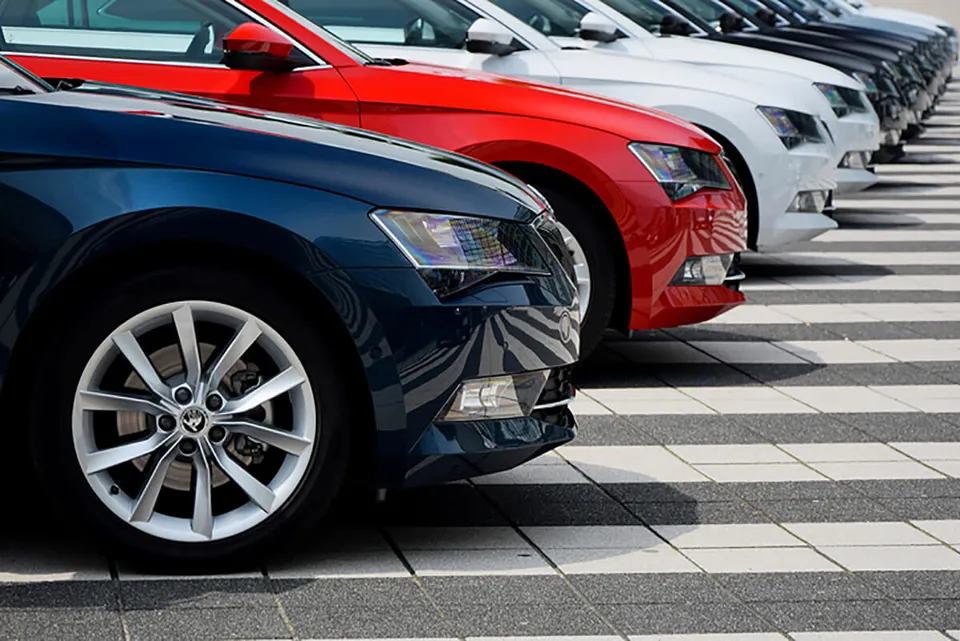Significant changes to benefit-in-kind (BIK) tax bands coming in over the next four years, requires fleet managers to make careful vehicle selections, warns Venson Automotive Solutions.
Any firms compiling company car choice lists should take into account the length of vehicle replacement cycles and alert their drivers of the changes and potential financial cost of picking certain vehicles, it says.
For company car drivers selecting sub-100g/km vehicles, the tax burden will be eased in 2020/21, as bills reduce with the introduction of a more granulated system.
Simultaneously, the government is introducing a mileage range element to the tax system for plug-in hybrid cars.
Currently, there are no plug-in hybrid cars on sale in the UK with an electric mileage range of 40 miles or more. This means these cars are excluded from the three lowest CO2/electric mileage range tax brackets in 2020/21 and stopping drivers from benefiting from even greater tax savings.
For example, if a plug-in hybrid car was to be launched with a range of 130 miles or more and CO2 emissions of 1-50g/km the benefit-in-kind tax burden in 2020/21 would be 2% - a 7% point saving versus 2017/18 and a 14% point saving versus 2019/20.
In 2017/18 the driver of a pure electric car such as the BMW i3, Nissan Leaf, a Tesla or a Volkswagen e-Golf will be taxed at 9% rising to 13% in 2018/19 and 16% in 2019/20 before reducing to 2% in 2020/21. As a result, there are concerns that tax rises over the next three years could thwart electric car demand before demand accelerates in 2020/21.
Drivers of plug-in hybrid cars such as the Audi A3 Sportback e-tron and Mitsubishi Outlander PHEV will incur similar tax increases over the next three years before tax levels are linked to electric mileage range as well as CO2 emissions (1-50g/km). The Audi e-tron has a published electric mileage range of “up to 29 miles” putting it into the highest CO2/electric mileage range tax bracket in 2020/21 of 14%. However, drivers will save tax due to a 2% cut versus 2019/20 levels.
Simon Staton, client management director at Venson, said: “While the government is encouraging fleets and company car drivers to select zero and low emission cars to improve air quality, it is those drivers who will potentially suffer the biggest tax increases at least over the next three years.
“Inconsistent government tax policy is penalising not rewarding company car drivers switching to such cars, particularly electric models before 2020/21.
“When making company car choices, it is not just about company car tax rates in 2017/18, but what they will be in 2020/21. With many fleets now operating four-year replacement cycles, fleet managers must inform and educate drivers to reduce the risk of employees being hit by tax changes in the future.”


















David - 04/12/2017 12:58
I am due to change cars in May, do i need to take delivery prior to April 5th to be on the 9% rate? (Mitsubishi PHEV)